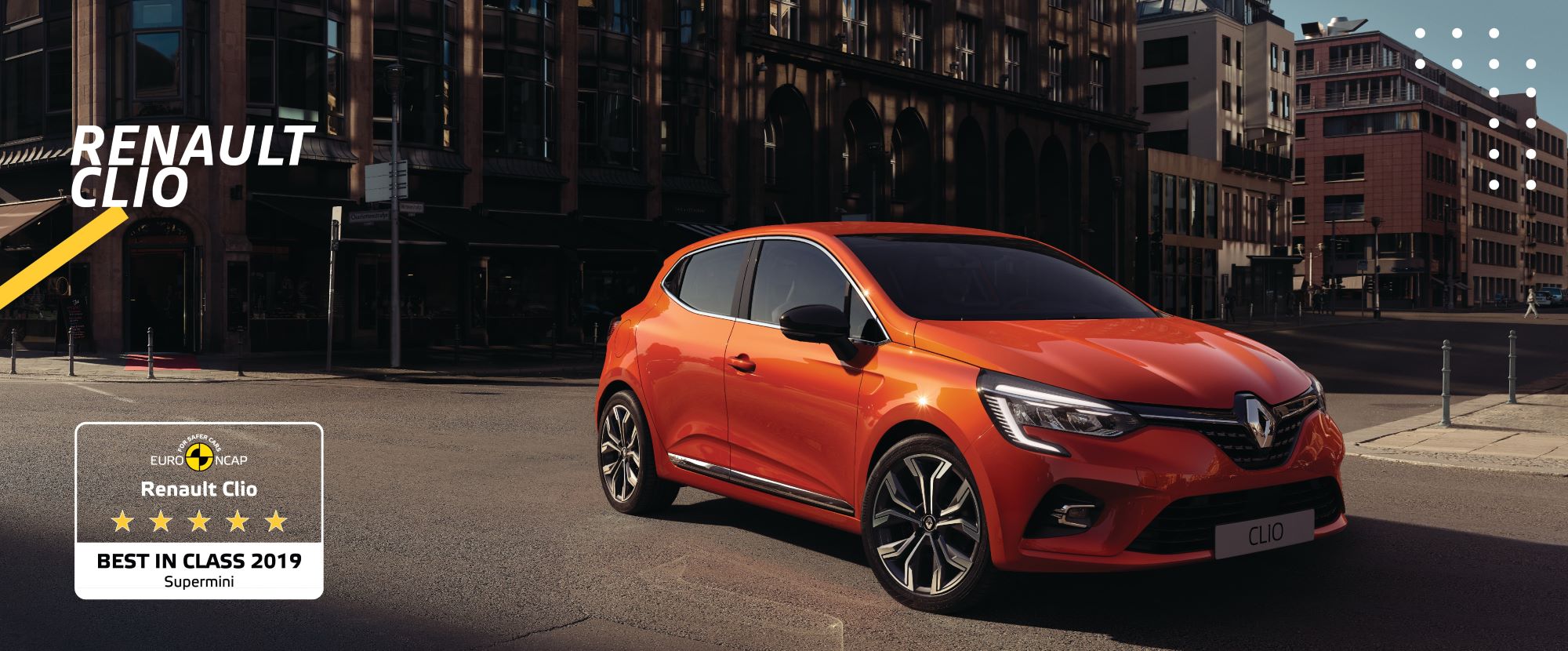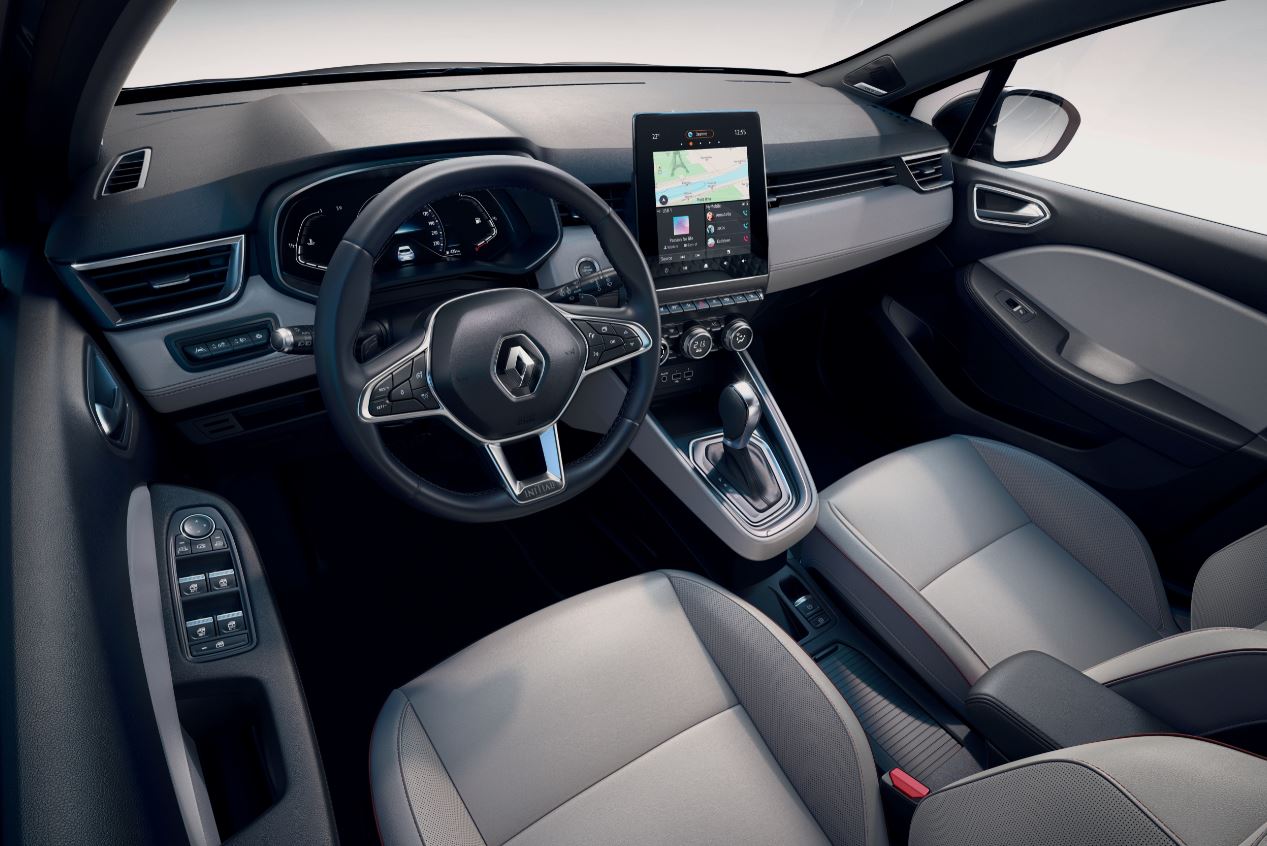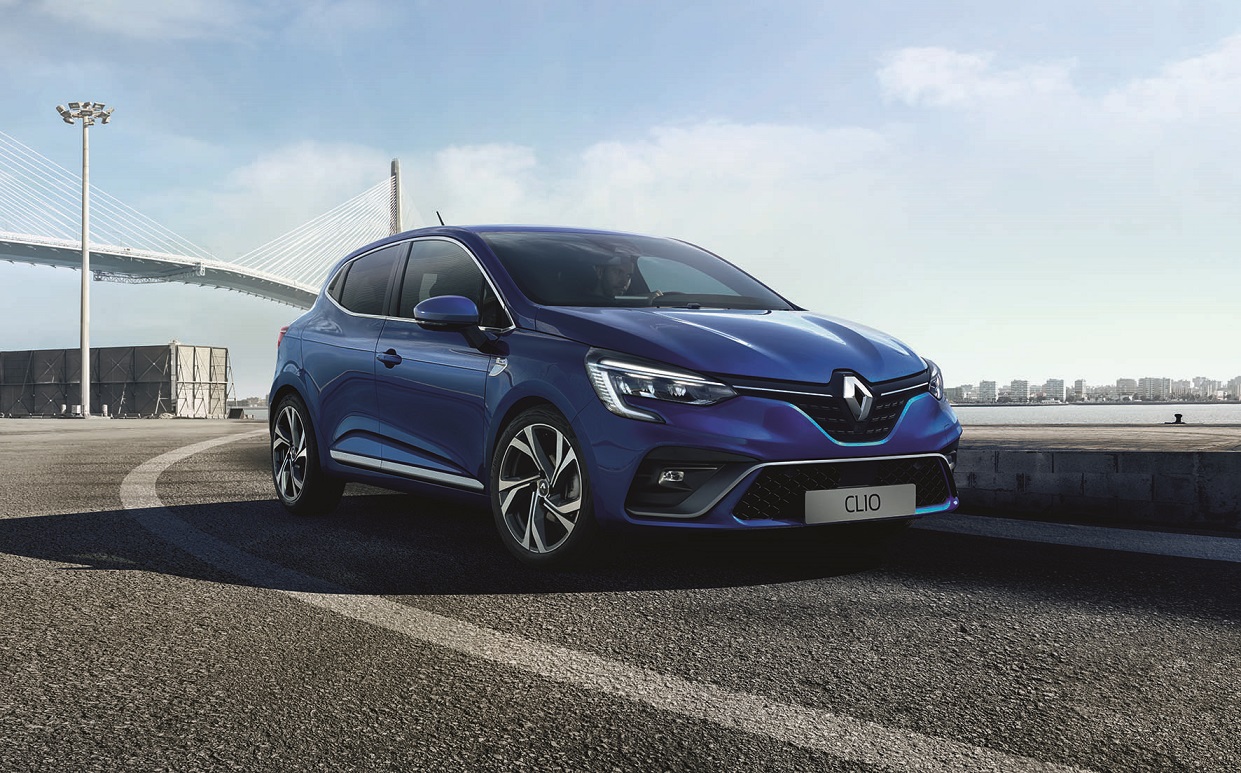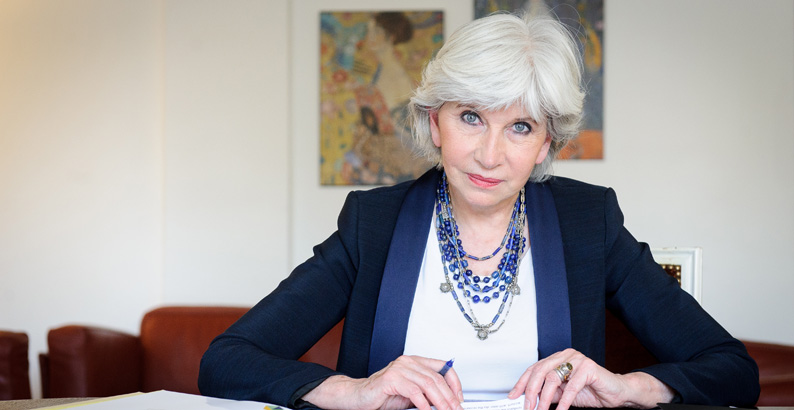


How are the climate change negotiations progressing? What are the problem areas? The reasons to believe that this will work?
L. Tubiana: I am still very optimistic, because the preparatory context for the COP 21 is an unprecedented one.
France officially starts presiding over the negotiations on November 30th. However, because of the amount of work the entire process requires, and because putting into place a new, low-carbon economy is a colossal task, we have been working behind the scenes with Peru, the host of COP20, for several months now.
On 17 November 163 countries have submitted their “national contributions,” which are their operational roadmaps for reducing their greenhouse gas emissions. This sends a strong signal, one that demonstrates their true willingness to achieve results in Paris. And beyond this, the process of preparing contributions has started real public debate around industrial, agricultural and societal choices in all the participating countries. So, in addition to the national contributions being published, this process has raised awareness in a way that will bear fruit in the longer term.
There remains the task of working on the wording of the agreement itself, in order to identify compromises and to define together the parameters for a consensus that is both ambitious and universal. Some subjects still lack a consensus, for example practical ways of implementing such a transition, particularly in developing countries. On the financial side, a status report on the financing options available to developing countries was published in Lima. We are on track to raise one hundred billion dollars for developing nations by the year 2020.
So we have built up good momentum, and all the constituent elements of civil society are actively involved and are mobilising for the COP21, be they industrialists, investors, local authorities or associations. The Paris agreement is already being built.
What do you expect from Renault-Nissan?
L. Tubiana: Transitioning towards a low-carbon development model is the only way to limit global warming to below 2°C, but it will require everyone’s participation. We all have to reinvent ourselves, and grab the opportunity—including the economic opportunity—that the fight against climate disruption represents.
To do this, we must accept the fact that both our future and our present must include low-carbon modes of production and consumption. Corporate companies have a role to play. They can demand that states lay out a clear political course which they can then give their support to, but they can also contribute in concrete ways by taking initiatives independently and voluntarily, (cutting their emissions or choosing to use renewable resources).
They can also do what many companies have already done, by mobilising jointly with other players to form multilateral partnerships. These coalitions are already yielding economically viable solutions in the fight against climate change; this is the case for the Renault-Nissan Alliance, as demonstrated, among other things, by their efforts to develop electric vehicles.
There is also the possibility of coming up with new solutions based on more frugal and virtuous modes of production and consumption, like the sharing economy and the circular economy.

There has been much talk about inequalities in the face of climate change. Will you be looking at the issue of poverty and how it can affect mobility during the negotiations?
L. Tubiana: Many reports and assessments, the IPCC’s in particular, are unambiguous: climate change is one of the biggest challenges we face in the 21st century. It could wipe out the progress many countries have made in their fight against poverty. It could also disrupt global geopolitics, by exacerbating conflict and causing population displacement in certain areas, or even cause some nations to disappear entirely.
Poorer countries point out that they had little hand in global warming, yet are its first victims. They therefore ask “rich” countries for financial and technological assistance to help them reach a decarbonised economy. A commitment to raise 100 billion dollars by 2020 has been made, bringing together public, private and mixed funds.
For developed nations, the question of inequalities in the face of climate change is also relevant to the issue of fuel poverty. The least fortunate among us often cannot afford transport, which is a handicap for their social and economic integration. We must make a clear shift away from our current development model. COP21 must and will help us to move forward along this path.
Thank you, Laurence Tubiana!
View more

SAFETY: 5 EURO NCAP STARS AND BEST RATING IN ITS CATEGORY FOR THE ALL-NEW CLIO

The All-new Renault CLIO: the most comprehensive driving assistance on the market


